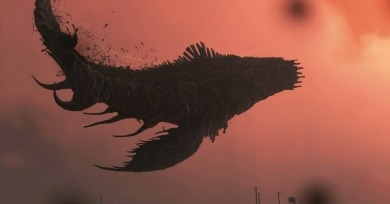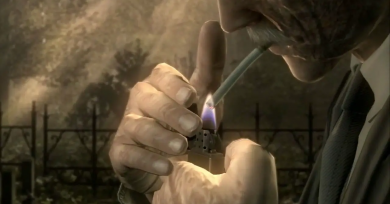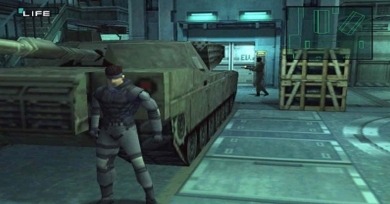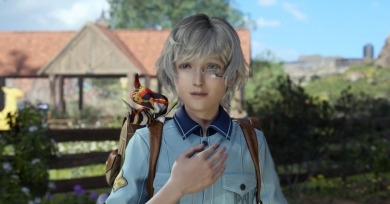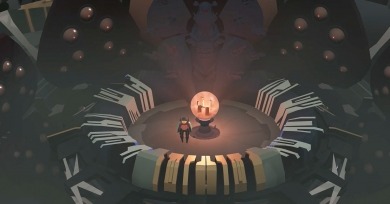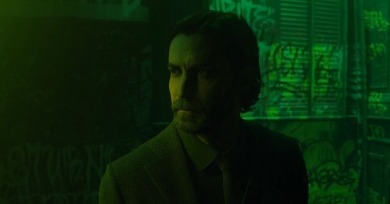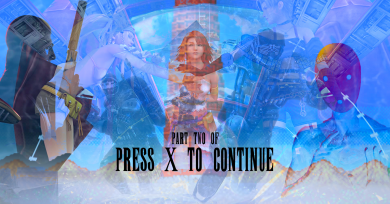Touching the Screen
The world of video gaming
Even if you get good at walking, the ragdoll physics on which the game is based will continue to plague you. They are deliberately imprecise, and there’s no guarantee that moving in a certain way will produce an identical outcome each time.
These games represent the beginning of a new era in Kojima’s output. With Death Stranding, Kojima affirmed that he would be doubling or tripling down on conceptual oddness.
In the mid-2010s, Hideo Kojima created two video games: P.T. (2014) and Metal Gear Solid V (2015). Both of them were released incomplete as a result of his crumbling relationship with Konami. Yet they are nevertheless landmark works.
Kojima encourages the player to hold back on inflicting violence on others. His continued preference for a non-lethal approach to combat (prioritizing stealth) is built into both games.
Kojima’s web of historical, scientific and artistic allusions obscures the border between “high” and “low” art, or “art” and “entertainment,” that remains common in discussions of games’ artistic legitimacy.
Hideo Kojima’s work is brilliant, stupid, invigorating, and baffling. Fans will tell you he makes thought-provoking, politically trenchant art that bridges gaps between games, cinema, and literature...
Cozy games run counter to the stereotypical video game: they are nonviolent, unstressful, and deliberately unchallenging. They allow players to engage at their own pace, and take on tasks that require creativity and diligence more than skill.
This year, each writer wrote about a single game that defined their year in play. We’ve named six GOTYs in total. Between those write-ups you’ll find a few odds and sods reminiscent of the annual RS Two Cents throwdowns.
The way we see a game—whether we can control the camera or not, whether the frame moves or is static, how the frame moves—is an artistic quality as important as (and often interlocked with) its interface, its methods of immersion...
If consumers are paying the big bucks for a game (especially one they have technically already played), what are they actually getting? Padding is, unfortunately, almost always the answer, but Rebirth takes it one step further by padding an arguably padded extension of a fragment of an existing game.
Reverse Shot’s first-ever year-end games roundup.
It is only through environmental context that its sparse narrative reveals itself, and even then the game is content to leave things unexplained by its wild, cosmic ending.
This is a game explicitly about narrative, adaptation, and the multifaceted nature of games as a medium. The game was produced by Remedy, a studio now blessed with not only the budget to fully realize their vision but also implicit permission to experiment from a gaming public weary of copy-paste open world games.
Part 2 of a special conversation on games and art featuring Destiny 2, Final Fantasy, Hitman, Tower of Druaga, Pathologic 2, and more.

